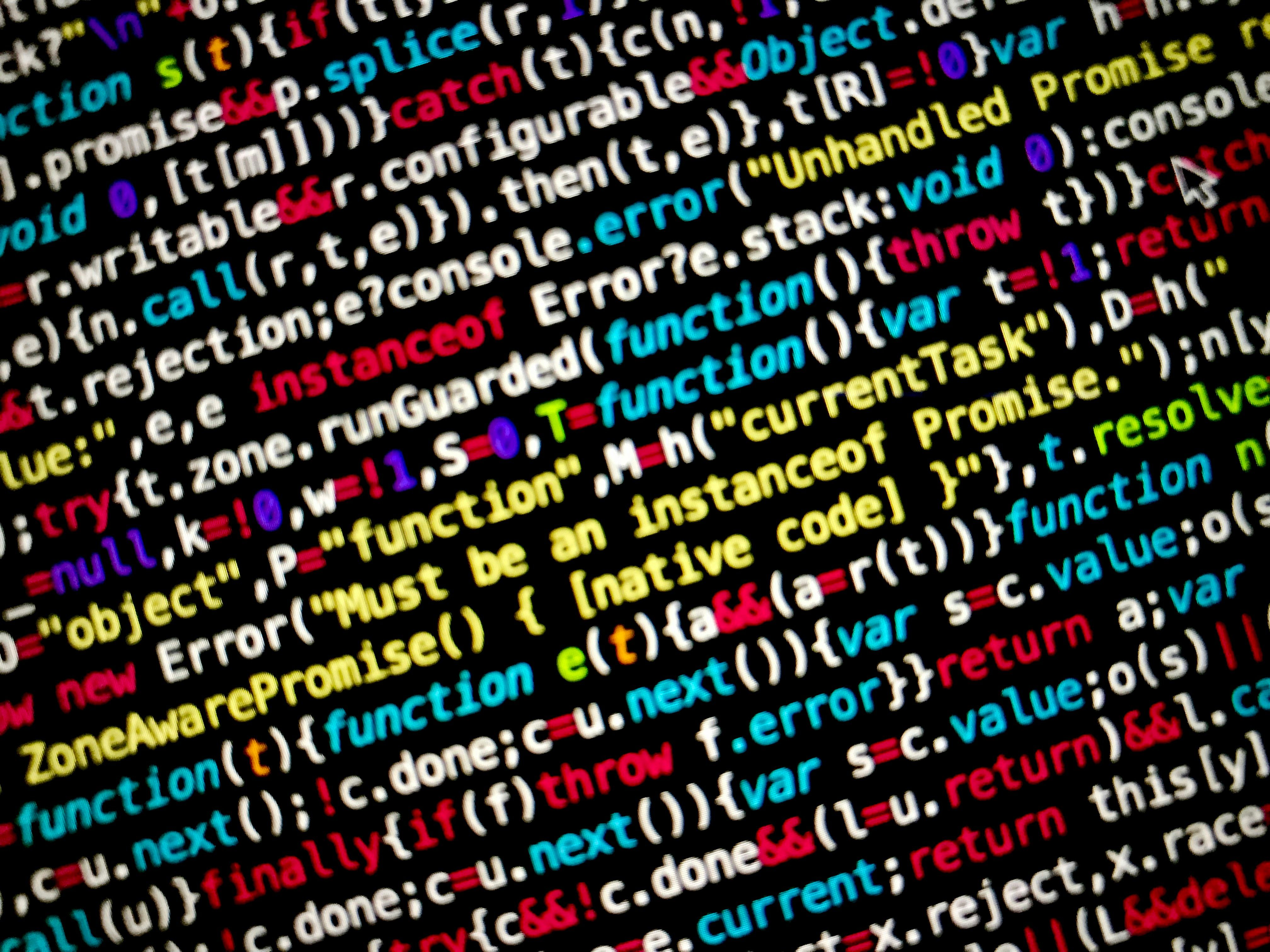Key Points from the 37th Internet Identity Workshop (IIW)
Internet Identity Workshop (IIW) Embraces Decentralized Identity Solutions
The Internet Identity Workshop (IIW), a biannual event established in 2005, has served as a central platform for discussions revolving around digital identity since its inception. This year's event, held at the Computer History Museum in Mountain View, CA, fostered collaborative learning, networking, and the exchange of ideas related to digital identity.
The open format of the conference, allowing participants to develop its agenda, free of traditional presentations, creates an atmosphere conducive to genuine conversations and idea sharing. The IIW is an ideal venue for staying updated on the latest trends and technological advancements in digital identity.
Overarching Themes
Collaboration and Interoperability
Collaborative efforts to bridge gaps and bolster interoperability were a significant focus of discussions at the IIW. The aspiration is to create a harmonious global digital identity framework that seamlessly integrates various technologies and platforms. This involves maturing protocols, aligning them with new standards, and ensuring compatibility among various digital identity solutions. Notable outcomes of these collaborative efforts include improved interoperability between Verifiable Credential (VC) providers and digital wallets.
User-Centric Approach
Prioritizing user experience played a pivotal role in discussions at the IIW. There was a consensus that future digital identity systems should cater to the needs of users, allowing them to maintain control over their digital identities while enjoying a seamless, secure, and privacy-preserving experience.
Building on Foundations
Established companies attended the conference to better understand and adopt the evolving digital identity standards. This indicates an inclination to integrate new digital identity protocols on existing Web2 infrastructures. Moreover, there was a strong emphasis on education across various industries, including universities, introducing them to concepts such as Web3, DIDs, and decentralized technologies like blockchain-based ledgers.
Key Discussions
OpenID4VC vs DIDComm and Digital Security
Our website delved into the latest advancements in digital identity protocols during the IIW, including OpenID4VC and DIDComm.
OpenID4VC, primarily designed for presenting Verifiable Credentials, is gaining significant traction, especially with the support of the EU. Its close relationship with other popular OpenID protocols and the EU's backing make it a promising standard for verifiable credential issuance and presentation.
DIDComm, based on Decentralized Identifiers (DIDs), offers a flexible solution for secure, private communication within the digital identity realm. DIDComm's versatility and potential synergy with OpenID4VC hint at a bright future for collaborative digital identity protocols. Its capability to support local peer-to-peer use cases using Bluetooth and NFC adds to its appeal.
Digital security and verification were also key topics at the IIW. The importance of BIP32, facilitating the creation of multiple cryptographic keys from a single seed, and FIDO keys for enhanced authentication processes were discussed extensively. The eIDAS requirements, emphasizing strong authentication and secure communication, were another highlight. The need for secure protocols for digital identity documents was also emphasized, with digital signatures and encryption serving as examples.
A discussion on varying assurance levels in verifiable credentials revealed the different levels of confidence that can be placed on the verification of an individual's digital identity, based on the types of evidence used.
Collaboration and Standardization
Intensifying collaboration and standardization efforts were evident during the IIW, as our website participated in sessions centered on the W3C CCG DID Method Registry and "Verifiable Government through Citizen-Controlled Digital Identity."
The discussion regarding the W3C CCG DID Method Registry aimed to refine the registry, with attendees discussing topics such as potential deprecation of DID methods, regular liveliness checks, and multiple registrations under a single namespace. These conversations underscored the dedication to fostering a robust and standardized digital identity framework.
The "Verifiable Government through Citizen-Controlled Digital Identity" session explored innovative digital identity strategies that do not rely on blockchain, focusing on achieving seamless interoperability among state regulators. The concept of an autonomic identifier, owned by citizens through private key ownership, was intriguing, as it paves the way for states to validate and endorse specific aspects of an individual's digital identity.
Our Perspective
Our website is actively developing its Identity App, a digital ID app that empowers users to request, store, and share verifiable credentials in a secure manner, safeguarding their personal information. The insights and discussions from IIW have equipped us with a deeper understanding of the evolving digital identity landscape and the needs of users, enabling us to create an identity solution that embodies simplicity, privacy, and trust.
Conclusion
This year's 37th IIW underscored the transformative potential of collaboration, innovation, and standardization in building a secure, user-centric digital identity ecosystem. As digital identity protocols like OpenID4VC, DIDComm, and BIP32 continue to reshape the digital identity landscape, we are optimistic about the future of a privacy-preserving, user-friendly, and interoperable digital identity ecosystem.
- The Internet Identity Workshop (IIW) is not just a forum for discussing digital identity solutions, but also a platform for fostering collaboration and standardization in technologies such as cybersecurity, data-and-cloud-computing, and technology, with a significant focus on fostering interoperability between various digital identity solutions.
- The IIW is an ideal venue for staying updated on the latest trends and technological advancements in digital identity, including the development and adoption of new digital identity protocols like OpenID4VC, DIDComm, and BIP32, which are not only reshaping the digital identity landscape but also contributing to the creation of a user-centric, secure, and privacy-preserving digital identity ecosystem.








